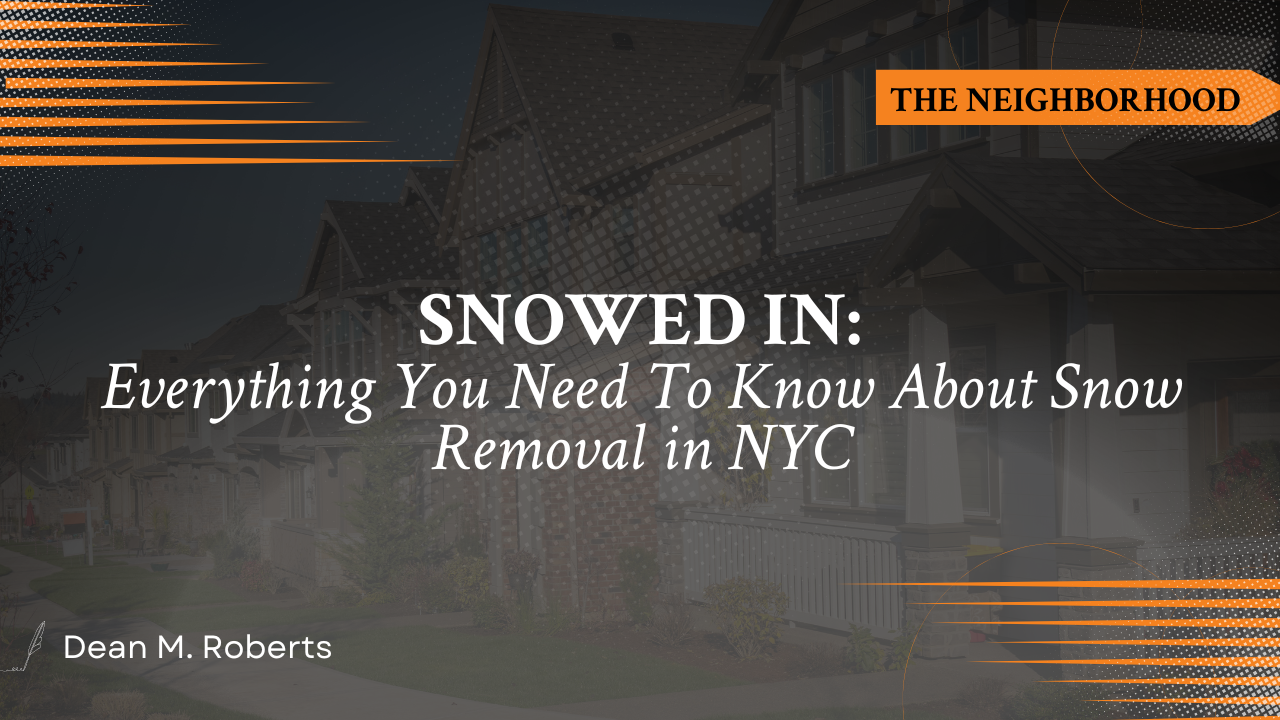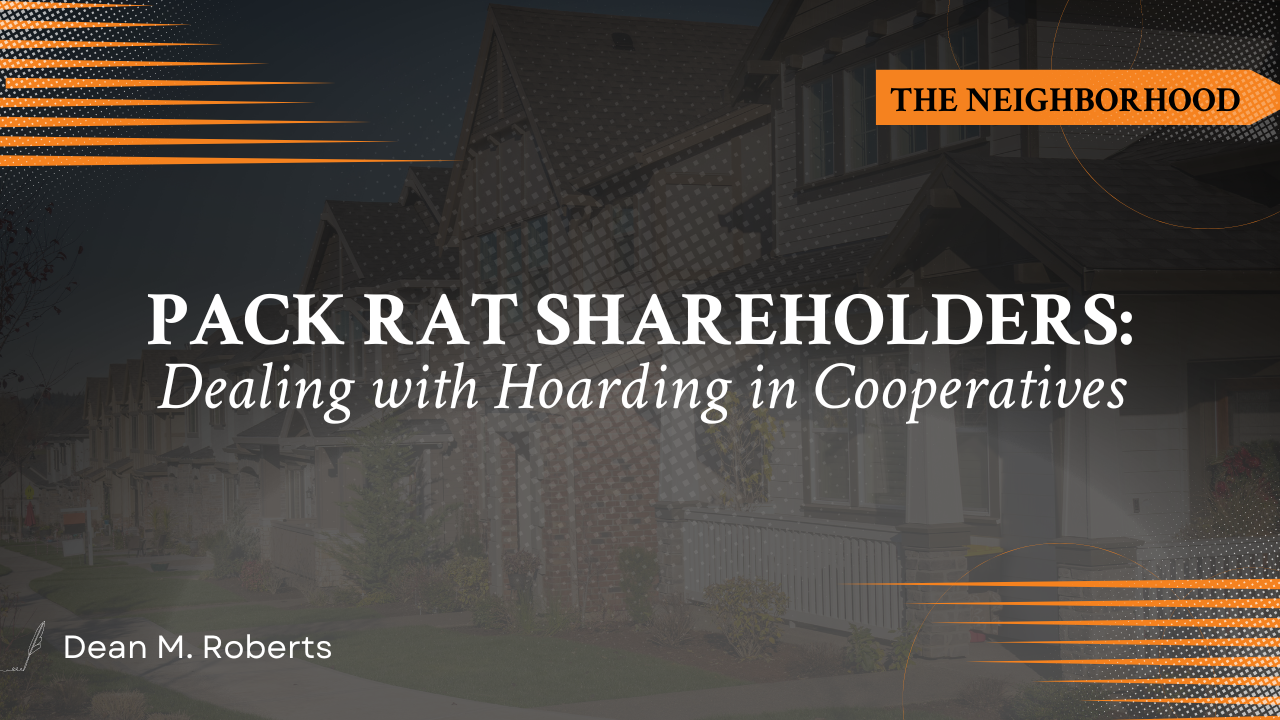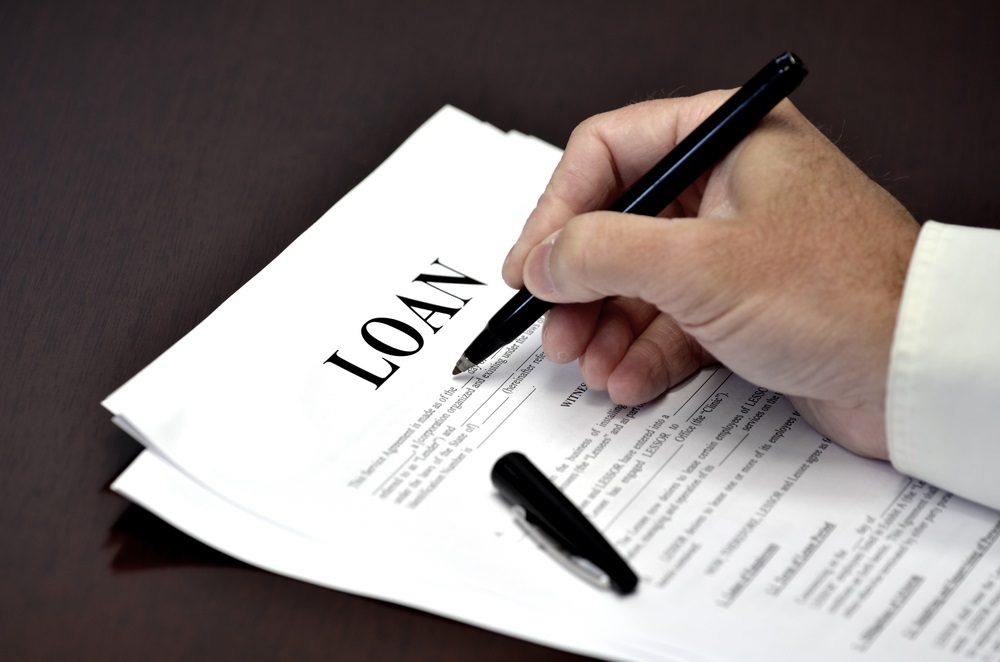Snowed In: Everything You Need To Know About Snow Removal in NYC

The first official day of winter is near and for Northeasterners: winter means snow. As we start inching into the snowy season, we must familiarize ourselves with New York City’s Department of Sanitation’s (DSNY) Snow Removal guidelines.
Don’t S(k)now Who’s Responsible?
In the aptly named guide “Snow Removal: Your Responsibilities” (emphasis on “your”), the responsibilities fall to owners, property managers, business owners, and in some cases, tenants/residents. The legal obligation rests with the owner, i.e. the co-op, condo or property owner, however most commercial leases contain a provision to shift this responsibility to the tenant. If there is a violation, the owner is the responsible party not the tenant. Reimbursement for the fines can be sought from the tenant.
NYC has timed requirements for snow removal. If the snow stops falling between:
- 7:00 a.m. and 4:49 p.m. - you must clear within four hours
- 5:00 p.m. and 8:59 p.m. - you must clear within fourteen hours
- Example: If the snow stops falling at 7:00 p.m., the owner, lessee, tenant, occupant or other person in charge of any lot or building has until 9:00 a.m. the following morning to clear.
- 9:00 p.m. and 6:59 a.m. - you must clear by 11:00 a.m. the next day (“Snow Removal,” 2014)
Timeliness is crucial. Thousands of people will be traversing the city streets regardless of weather, especially in more popular sections such as subway stops or commercial areas.
NYC residents can make a Failure to Clean Ice/Snow complaint to NYC 311, the city’s non-emergency service. If you do not clear your sidewalk, the non-complying homeowner, property manager, business owner, or resident may be fined:
- $100- $150 for 1st Offense
- $150- $350 for 2nd Offense
- $250- $350 for 3rd Offense and subsequent
Where Does it All Go?
To make things simple, snow removal clears a path on the sidewalk to avoid injuries from slips or falls, not necessarily “removing” the snow but clearing a walkable space. Snow should be moved to a grassy strip, if applicable, behind the stoop line, or onto the front yard. NEVER push snow into the street or cover a fire hydrant or storm drain. You may be fined up to $100.
The recommended width for clearing a sidewalk is about 4 feet. Owners or property managers in corner buildings should expect to clear a path to the crosswalk. If a large puddle has accumulated, you should disperse as much water as possible. Snow removal not only lessens the chance of injury, but people with mobility-assistance devices such as canes or wheelchairs as well as caregivers pushing strollers will have an easier and safer place to walk.
To lessen the workload, proactively salt your sidewalk or driveway ahead of an incoming snowstorm. NYC will alert residents and local news stations should a large storm be anticipated.
What About the Snow Ridges?
You have finally finished shoveling and perfecting your section when a large plow comes by and pushes a wall of snow to the end of your driveway. As snow ridges are unavoidable, DSNY recommends waiting to shovel driveways until after plowing is complete.
You can track plow locations and routes by visiting: https://plownyc.cityofnewyork.us/plownyc/ during snowfall.
Lending a Helping Hand
NYC’s 311 has adopted a snow removal assistance program available for either homeowners over the age of 60 or a homeowner with a disability. This program is not guaranteed and depends on the number of volunteers and the resident’s location. If you know a neighbor is elderly or has a physical disability, offer to clear the snow for them or lend them a hand.
Following NYC guidelines is crucial for property managers and homeowners. Ensuring that walkways are cleared of snow and ice is important for the safety of tenants, residents, employees, and travelers. If you have any questions regarding NYC’s Snow Removal guidelines, please do not hesitate to reach out to me at dmroberts@norris-law.com.



